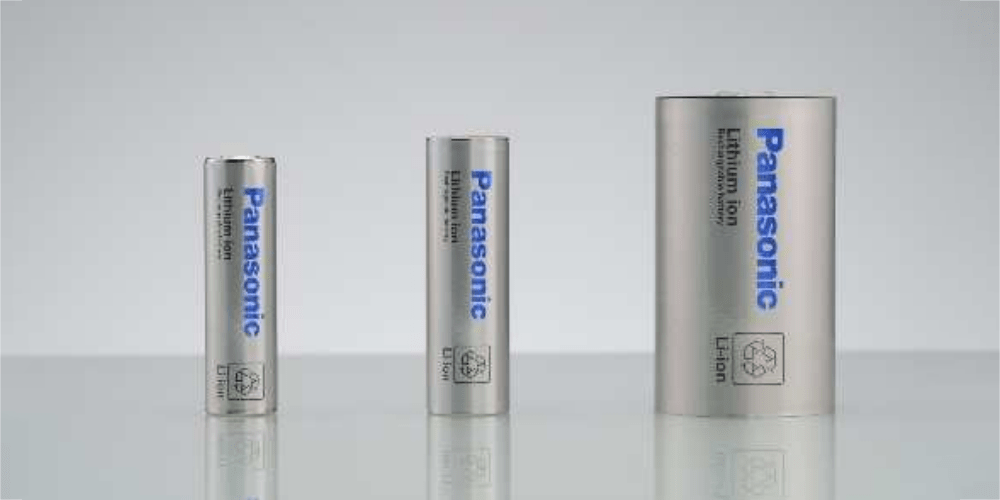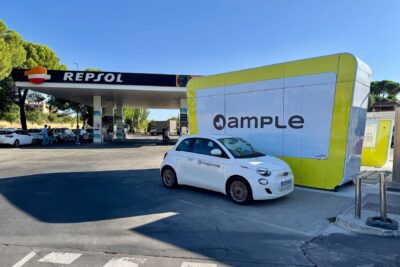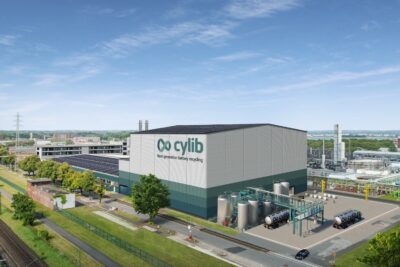Japanese offensive in battery production
As Nikkei Asia writes, the investments, which will mainly be channelled into car batteries, would increase capacity from 80 to 120 GWh. According to the report, the Ministry of Economy, Trade and Industry will soon announce up to 350 billion yen in support for the project. That would be around a third of the total investment. However, the ministry aims to increase to 150 GWh by 2030.
The Nikkei report justifies the massive political support by stating that Japan is trying “to ensure a stable domestic supply of components it considers important to economic security.” Supply chains are currently spread across several countries, with important components also coming from South Korea and China. In the event of disasters or conflicts, the risk of disruption increases.
Several specific projects are already known. For Japanese market leader Toyota, two subsidiaries are involved. The subsidiary Prime Planet Energy & Solutions will develop next-generation batteries (including a ‘performance version’), while Primearth EV Energy will produce the cells. As reported, Primearth EV Energy (which will continue to operate as Toyota Battery from October) will build a battery factory on an island in the southwest of the country, with a Lexus vehicle plant nearby. Toyota’s solid-state battery project is also being promoted. According to the company, the total production volume is 9 GWh per year.
Nissan announced that the Ministry of Economy, Trade and Industry (METI) has certified its development and mass production of LFP batteries for vehicles in Japan. The carmaker claims a production capacity of 5 GWh. The fact that Nissan is focussing on LFP cells is new. “Nissan will adopt LFP batteries to meet the diverse needs of customers and to provide more affordable electric vehicles,” says Nissan President and CEO Makoto Uchida. “The batteries, to be developed and mass-produced in Japan, will be installed in electric mini vehicles starting in fiscal year 2028. We aim to establish a base for LFP batteries in Japan by making the most of the government support approved by METI.”
However, the Japanese cell manufacturer Panasonic will account for the largest share of the 40 GWh per year increase in production. The company announced that it will use the METI funding to expand domestic production by a total of 26.5 GWh. Of this, 20 GWh is intended for Subaru and 6.5 GWh for Mazda. The two car manufacturers had already concluded purchase agreements with Panasonic in advance. It is now clear that the state will subsidise production.
asia.nikkei.com, global.toyota, nissannews.com, panasonic.com (PDF, Subaru), panasonic.com (PDF, Mazda)





0 Comments